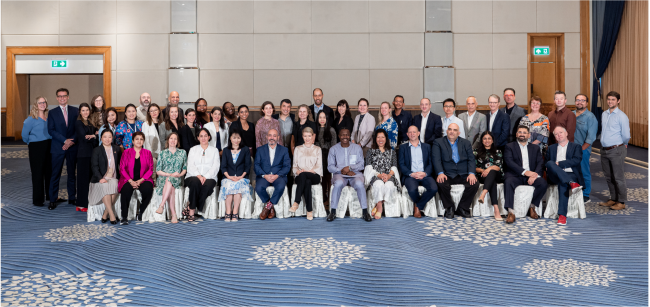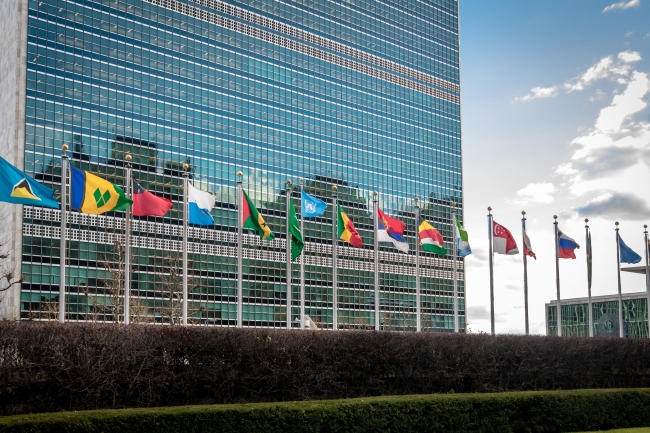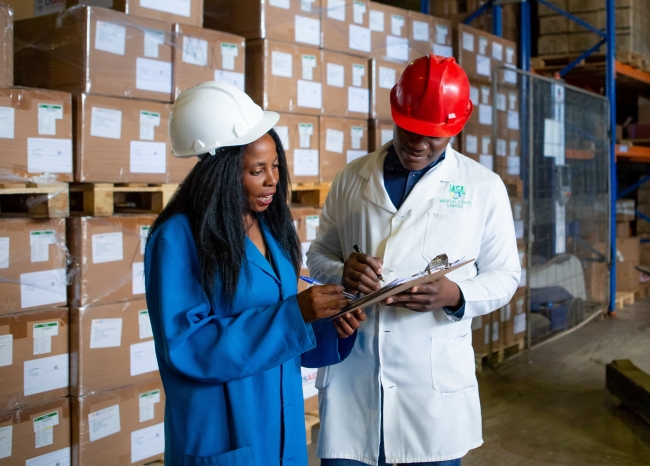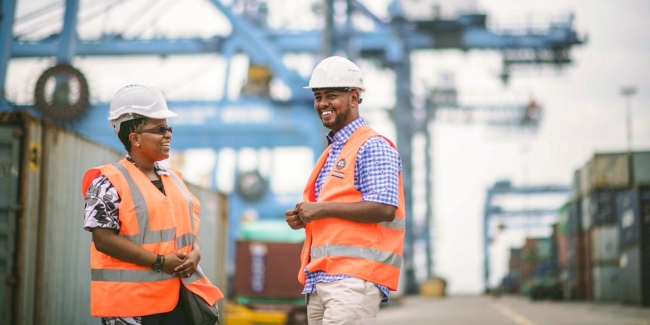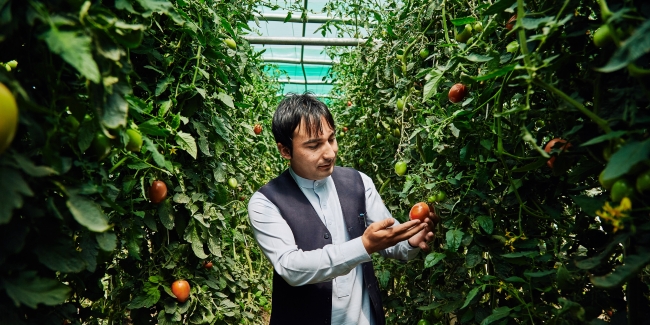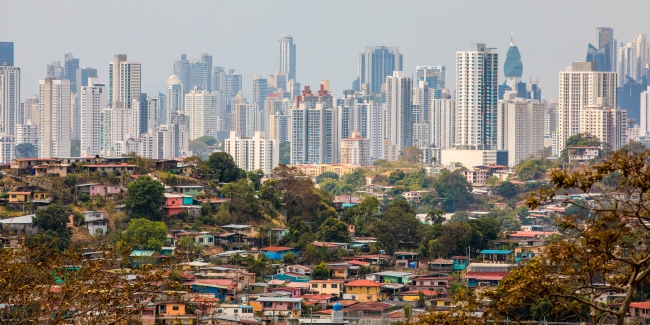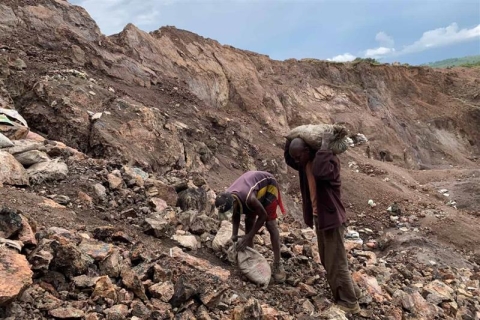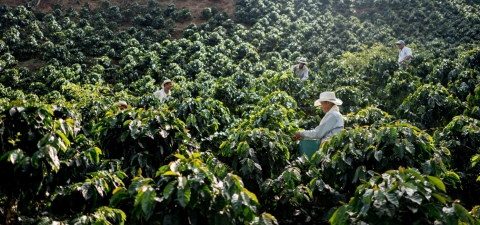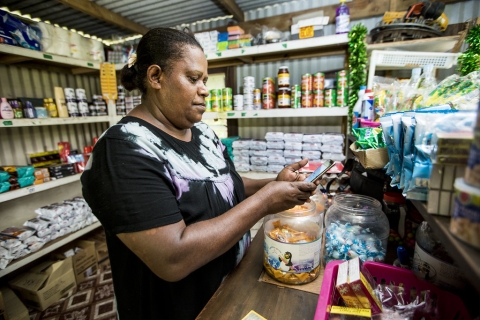Budgets for climate, sustainability and social inclusion: A rapid review of approaches and tools
23 AUGUST, 2022
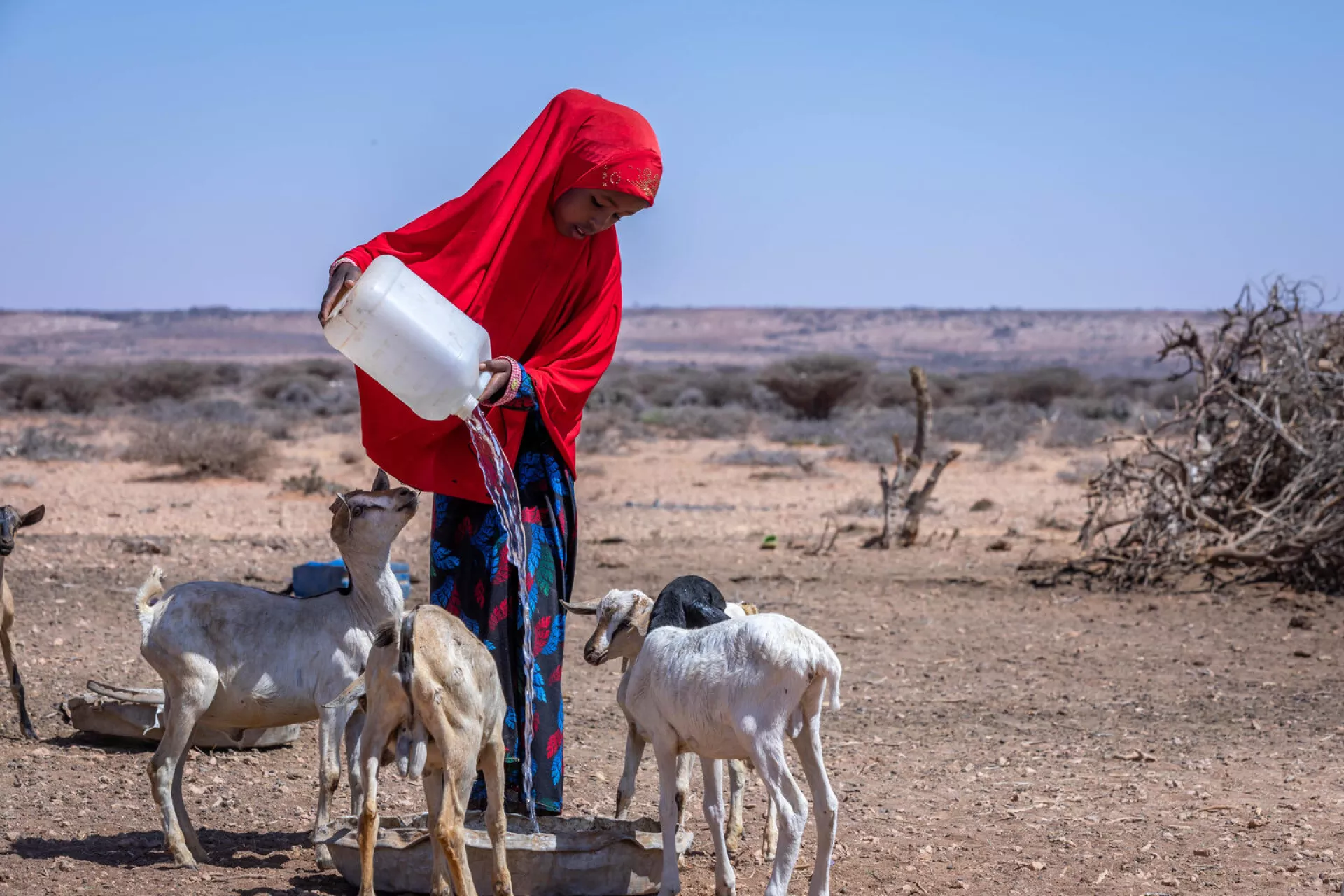
Responding to climate change, reducing poverty and supporting social inclusion must be addressed together to build resilient economies and societies. As the recovery from Covid-19 continues, investments to address social and economic inequalities while actively promoting new, sustainable and climate-friendly livelihoods and income-generating opportunities for all must be made. Children must be one of the principal beneficiaries of these investments. Nearly half of all children live in countries that are at extremely high risk of the impacts of climate change. Climate change is a direct threat to children’s ability to survive and reach their full potential. For children who are already impoverished, the risks are even higher.
Addressing the related challenges posed by the climate change and inequality are essential elements to accelerating progress towards the Sustainable Development Goals (SDGs). Government budgets are the most significant instruments to do so, including by aligning policies and incentive and ensuring sufficient financing for just transitions. This rapid review analyzes key available resources related to sustainable, climate-friendly, and inclusive development for the expenditure side of national government budgets, organized by stage of the budget cycle.
The paper recommends 18 measures to assist governments and their partners to identify opportunities for greater integration and synergies between budgeting for SDGs, social inclusion, and climate adaptation and mitigation. This report has been produced as part of the work plan of the Sustainability and Climate Action Cluster of the Financing for Development in the Era of COVID-19 and beyond initiative and is jointly published with UNICEF.

